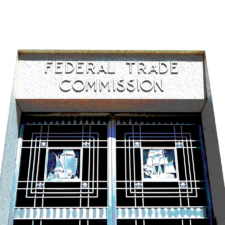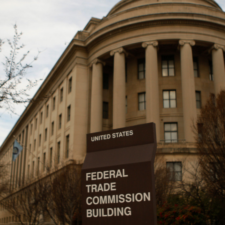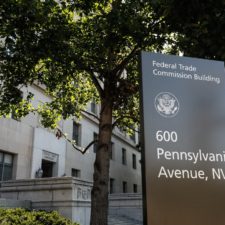
The Federal Trade Commission is making it easier for consumers to cancel subscriptions. In a final “click-to-cancel” rule, the Commission announced it will prohibit sellers from misrepresenting facts while using negative option marketing and will require sellers to provide important information before obtaining billing details or charging customers.

The Federal Trade Commission’s (FTC) efforts to ban noncompete agreements continues. This past weekend, on October 18, 2024, the FTC filed a notice of appeal challenging the August 2024 ruling by a US District Court judge in Texas, which effectively blocked the final rule that would implement the Commission’s noncompete ban.

How the dismantling of the Chevron deference doctrine could impact the direct selling channel and its interactions with the Federal Trade Commission In 1984, the US Supreme Court established a precedent: when faced with ambiguity, courts should defer to the government agency with the most expertise. The original lawsuit Chevron USA, Inc. v. Natural Resources Defense Council, known simply as the Chevron […]

The Federal Trade Commission believes MLM income disclosures can be misleading. In its recent FTC Staff Report: Multi-level Marketing Income Disclosure Statements, the Commission emphasized that many MLM income disclosures lack clarity and present income data in confusing and ambiguous ways.

US District Judge Ada Brown has officially blocked the US Federal Trade Commission’s rule banning noncompete agreements. Brown had temporarily blocked the rule in July, stating the FTC did not have rulemaking authority.

After a Texas federal judge ruled against the Federal Trade Commission and its Rule seeking to end noncompete bans for workers, a Pennsylvania federal judge has ruled in the FTC’s favor.

The Federal Trade Commission’s April vote to approve a final rule banning noncompete clauses received swift and significant pushback from corporations who deemed the agreements necessary to their operations.

At a time when legislative gridlock in Congress means fewer regulations created by statute as well as increasing incidents of regulatory rule interpretation and expansion, direct selling companies are wise to step up or step into government affairs and advocacy at this time in order to proactively protect themselves. After all, once the Federal Trade Commission comes knocking, it really is too late.

The Federal Trade Commission voted to approve a final rule banning noncompetes nationwide. The commission expects the ban will promote more than 8,500 new startups each year, boost worker wages and innovation, and will protect “the fundamental freedom of workers to change jobs.”

The Federal Trade commission will host an open meeting on April 23 to vote on a proposed final rule that would prevent the enforcement of noncompete agreements by employers.

Compliance has long been considered an obligation, much like taxes and insurance, but there is power in building a company culture that reinforces and emphasizes compliance. A healthy compliance strategy shields companies from legal and regulatory offenses; reduces the prevalence of damaging and false information online; and prevents rogue sellers.

The Federal Trade Commission issued a letter to the Direct Selling Association to restate its position on the interpretation of the Koscot test. The letter was sent by Lois Greisman, Associate Director, who expressed concern about a 2004 FTC letter that addressed the commission’s stance on compensation based on personal consumption.
- 1
- 2
- 3
- …
- 6
- Next Page »